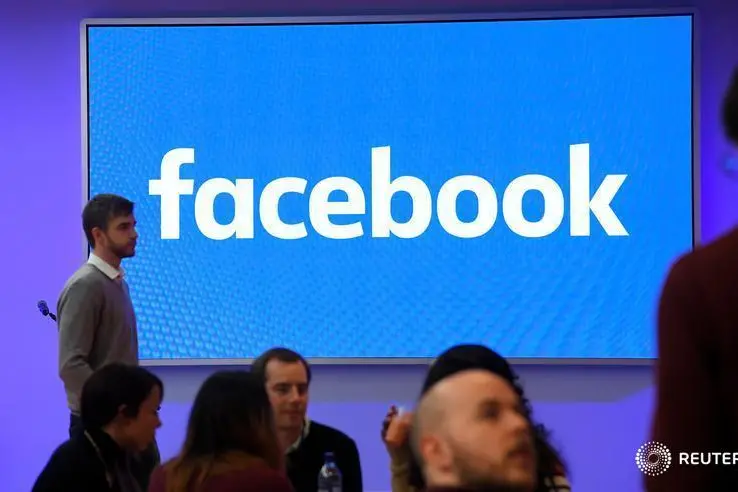PHOTO
NEW YORK, (Reuters Breakingviews) - Six years ago, when Facebook was going public, investors bent over backwards to grant Mark Zuckerberg near-totalitarian power over the social network he founded in his Harvard dorm room by letting him hold special super-voting stock. The reasoning was that the young chairman and chief executive needed "runway" to buildFacebook, without the pesky distractions most public companies face from unwashed shareholder hordes.
Facebook's board liked the idea so much that, a few years later, it proposed creating a new class of shares which would have conferred no say at all on their owners, further entrenching Zuckerberg. That plan was dropped last fall – a nod to shareholder opposition – but the founder still has outright voting control. Now that he is in over his head amidst a maelstrom of data-mishandling allegations, Facebook’s regular shareholders should be feeling buyers' remorse.
Investors have wiped some $60 billion off the value of the company in two days. Zuckerberg and Chief Operating Officer Sheryl Sandberg appear to have hunkered down, either unwilling or unable to offer an effective public response to allegations that personal customer data was swiped and used for political purposes. Along with previous charges that Facebook's platform was manipulated by shady actors linked to Russia in the 2016 U.S. presidential election, that suggests regulatory responses – and perhaps accelerated customer flight – are now inevitable.
It's far from the first time an American corporation has been buffeted by personal data-related trouble, whether stemming from a hack or the inappropriate use of confidential information. Equifax, for example, last year revealed a shocking data breach, including the exposure of Social Security numbers, affecting more than 140 million U.S. consumers. Chairman and CEO Richard Smith resigned. He was also hauled in front of Congress to answer for what happened.
That company’s role in collecting sensitive financial data and scoring U.S. consumers’ creditworthiness made the implications of the misuse of data starkly obvious. Facebook’s actual and perceived errors – or perhaps omissions – have less easily defined consequences. These may, however, range from giving third parties access to more personal user data than they should have to nudging the outcome of elections in several countries. And they potentially affect billions rather than millions of people around the world.
Yet Zuckerberg and Sandberg haven’t yet had anything to say about the latest exposé, which involves Facebook data on 50 million Americans that may have been misused by political consultants at UK data-mining company Cambridge Analytica, according to reports in the New York Times and the Observer. Users and investors alike deserve greater transparency. It may be premature for owners to call for Zuckerberg, or Sandberg, to go. But that threat is one of the disciplining forces at nearly all public companies. At Facebook, though, shareholders have no ability to force action.
Zuckerberg controls Facebook through direct ownership of or voting rights over some 86 percent of the company’s 534 million shares of Class B stock, which have 10 votes per share, according to the company’s 2017 proxy statement. He also owns about 0.1 percent of the 2.4 billion one-share, one-vote Class A securities outstanding. The combination gives him a 59.7 percent say, despite a claim of only around 16 percent on the company's economics.
Facebook's board has a role to play, of course. But with so many insiders and Zuckerberg cronies as directors, that puts the onus on Sue Desmond-Hellman, the lead independent director. Alongside her board colleague Erskine Bowles, she rubber-stamped Zuckerberg's desire two years ago to introduce Class C no-vote shares, a move that sparked proxy adviser Institutional Shareholder Services to recommend shareholders vote against their nominations.
The powerlessness of outside investors was made clear right from the start. In the letter Zuckerberg wrote for prospective shareholders in 2012, he said Facebook was “not originally created to be a company.” It was built, he wrote, “to accomplish a social mission – to make the world more open and connected.” That mission may have been achieved beyond the wildest expectations of Zuckerberg and, especially, Facebook’s users – and in ways that arguably have gotten out of control.
What may be the beginning of a crisis for the company has also come around far sooner than Zuckerberg’s supine shareholders could have anticipated. Whether it turns out he can handle it or not, they are stuck with him.
(Editing by Richard Beales and Martin Langfield)
© Reuters News 2018




















